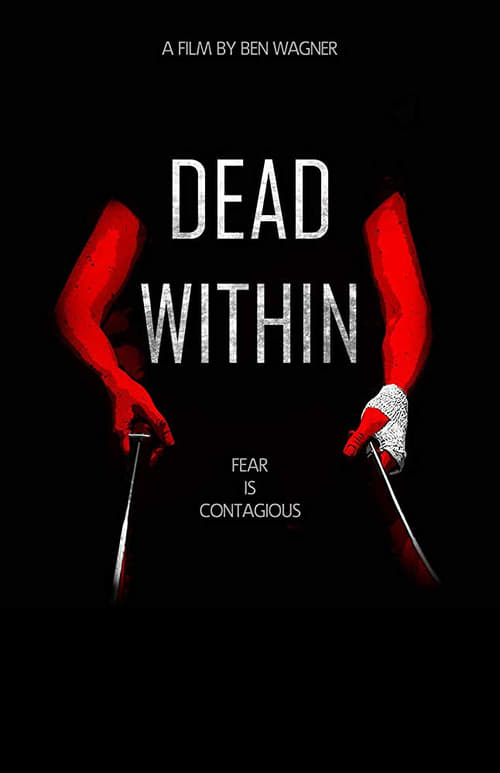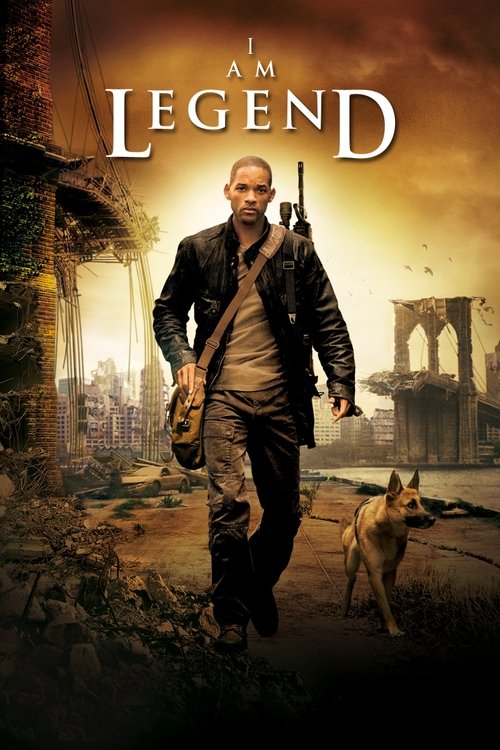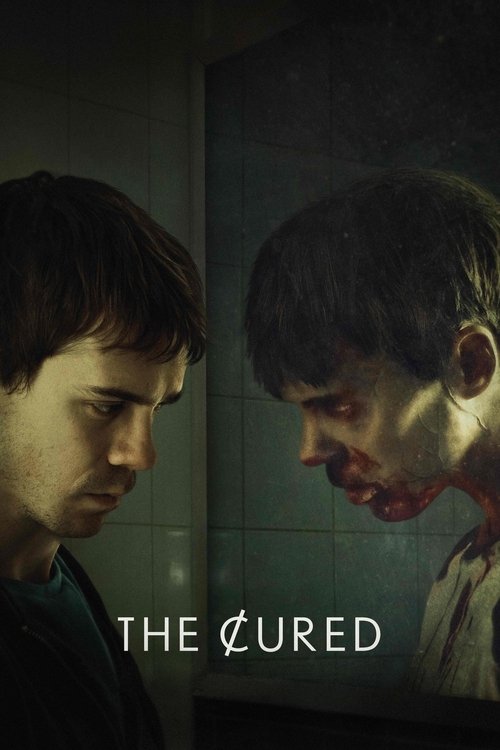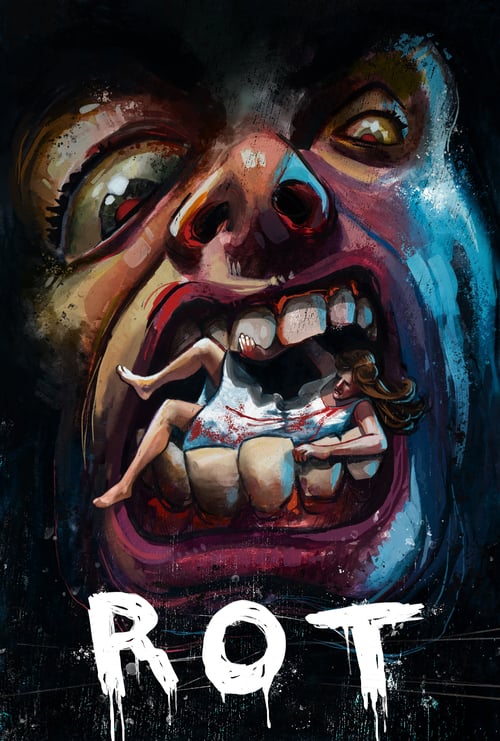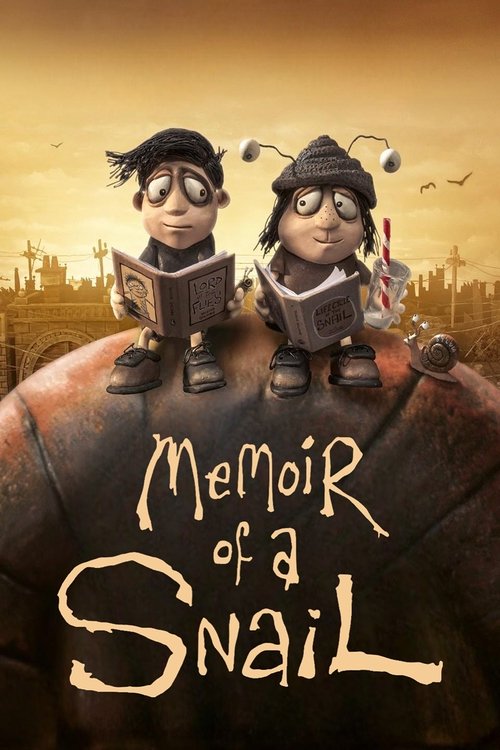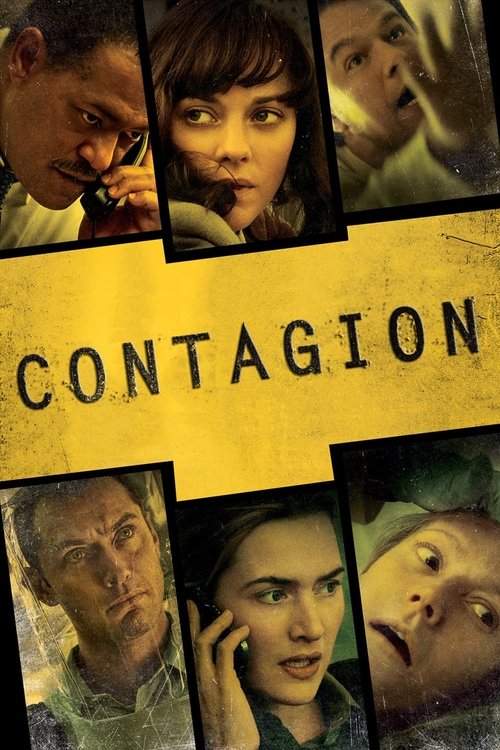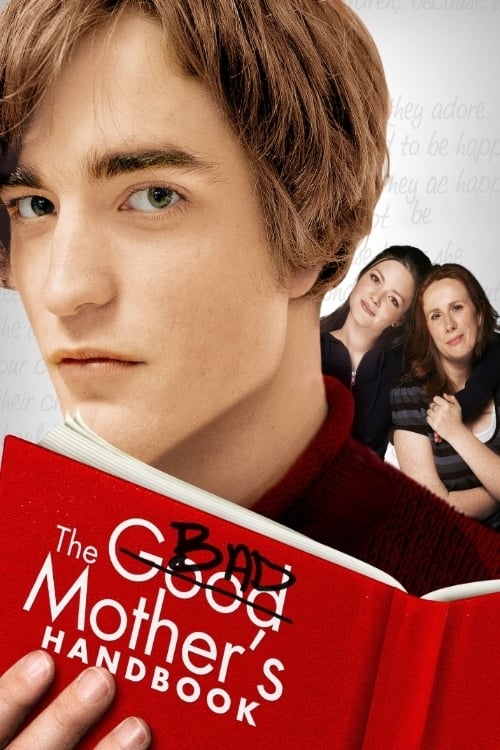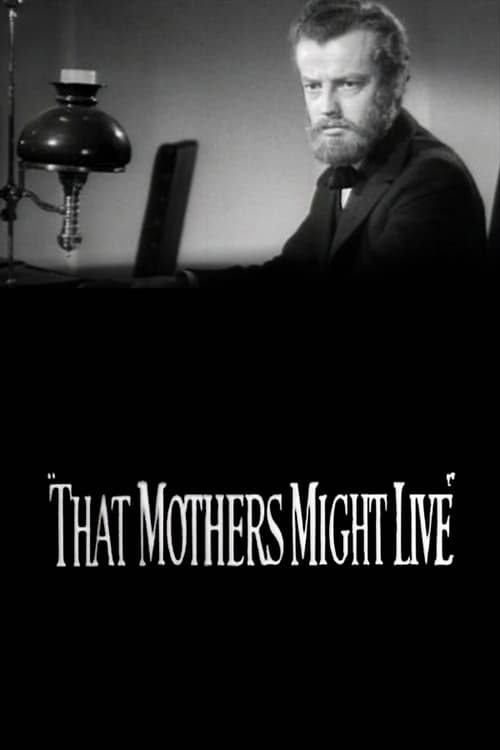
That Mothers Might Live (1938)
Overview
That Mothers Might Live is a 1938 American short drama film directed by Fred Zinnemann. The short is a brief account of Hungarian physician Ignaz Semmelweis and his discovery of the need for cleanliness in 19th-century maternity wards, thereby significantly decreasing maternal mortality, and of his struggle to gain acceptance of his idea. Although Semmelweis ultimately failed in his lifetime, later scientific luminaries advanced his work in spirit like microbiologist Louis Pasteur, who provided a scientific theoretical explanation of Semmelweis' observations by helping develop the germ theory of disease and the British surgeon, Dr. Joseph Lister who revolutionized medicine putting Pasteur's research to practical use. In 1939, at the 11th Academy Awards, the film won an Oscar for Best Short Subject (One-Reel).
Cast

John Nesbitt
Narrator (voice)

Shepperd Strudwick
Dr. Semmelweis

Rudolph Anders
Doctor (uncredited)
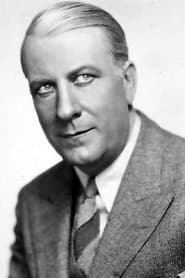
King Baggot
Passerby (uncredited)

William Bailey
Passerby (uncredited)

Barbara Bedford
Nun Reading Book (uncredited)

Mary Howard
Young Stricken Mother (uncredited)

Leonard Penn
Semmelweis' Assistant (uncredited)
- Similar Movies
- Reviews
There isn’t any dialogue in this short feature, just an increasingly frenzied narration as Sheppherd Strudwick portrays the visionary Austrian physician Ignaz Semmelweis. He was a man determined to establish just why so many perfectly healthy women died so swiftly after childbirth - but with no obvious cause. Gradually, he began to realise that it might be the doctors themselves who were carrying diseases about their hospitals and so instituted a culture of washing and sterilising. Though this had a profound effect on the mortality rates, his colleagues felt demeaned and embarrassed by his insistence they keep clean so he gets fired. Nobody will listen or read his book and the poor man ends up in a sanatorium. Luckily, others around the world including Pasteur and Lister eventually do read his theories and soon hygiene becomes a watchword for facilities around the globe. It’s not really something particularly visual this, save that as he gets more frustrated Strudwick starts to resemble more of a werewolf than a doctor. It’s essentially a monologue from a narrator that tells us of human belligerence and bloody-mindedness and though it’s certainly a message worth listening to, as a film it’s rather routine.


